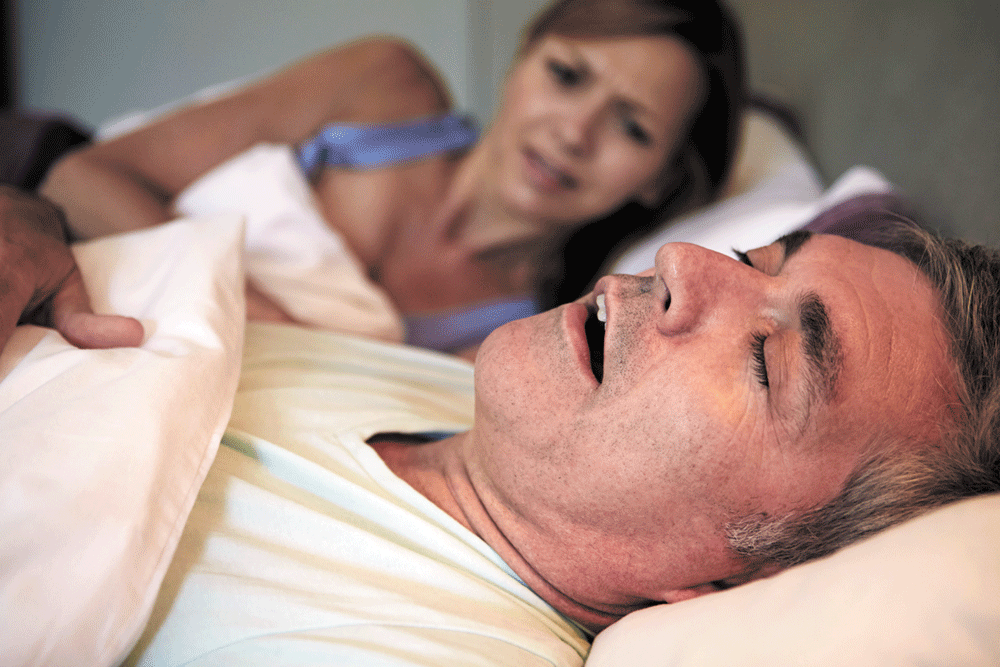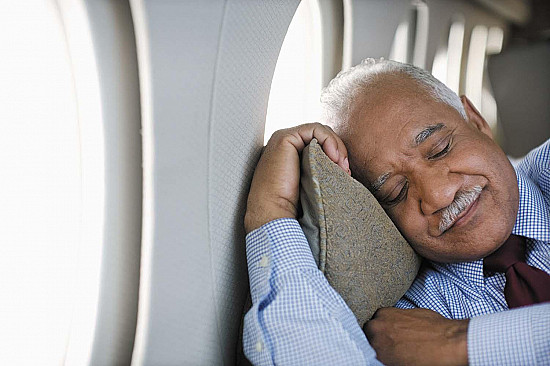Is snoring always a sign of sleep apnea?
Ask the doctors

Q. My partner says I snore at night. Does this mean I have sleep apnea?
A. If you snore at night, you're in good company. Some 90 million Americans have the same problem, according to the American Sleep Apnea Association. And luckily, not all of them have sleep apnea. Snoring is typically caused by a narrowing of your upper airway. Tissues in the back of your throat sometimes relax in your sleep and drop down, partially blocking the passageway. Air from your breathing rattles the tissue, creating that distinctive noise as it flows past.
Simple snoring differs from sleep apnea because individuals with apnea actually experience short periods of time throughout the night in which they stop breathing. These episodes can last anywhere from a couple of seconds to more than a minute. People with sleep apnea often feel tired or may nod off in the daytime, even after a full night's sleep, because these periodic breathing disruptions interfere with normal sleep patterns. Sleep apnea has also been linked with higher risks for cardiovascular problems, diabetes, and other health problems.
If you are snoring, the culprits may be lifestyle and personal factors. Some medications, alcohol, and congestion can make snoring worse. You might also be at higher risk for snoring — and sleep apnea — if you are overweight or obese, you sleep on your back, or you smoke.
If you regularly feel tired after a good night's sleep or your partner notices that you not only snore but also have episodes of interrupted breathing, ask your doctor to evaluate you for sleep apnea. The condition is treated through lifestyle changes or use of a machine or mouth appliances to help you breathe freely through the night.
— by Hope Ricciotti, M.D., and Hye-Chun Hur, M.D., M.P.H.
Editors in Chief, Harvard Women's Health Watch
The Harvard Special Health Report Improving Sleep: A guide to a good night's rest describes the latest in sleep research, including information about the numerous health conditions and medications that can interfere with normal sleep, as well as prescription and over-the-counter medications used to treat sleep disorders.
Disclaimer:
As a service to our readers, Harvard Health Publishing provides access to our library of archived content. Please note the date of last review or update on all articles.
No content on this site, regardless of date, should ever be used as a substitute for direct medical advice from your doctor or other qualified clinician.















